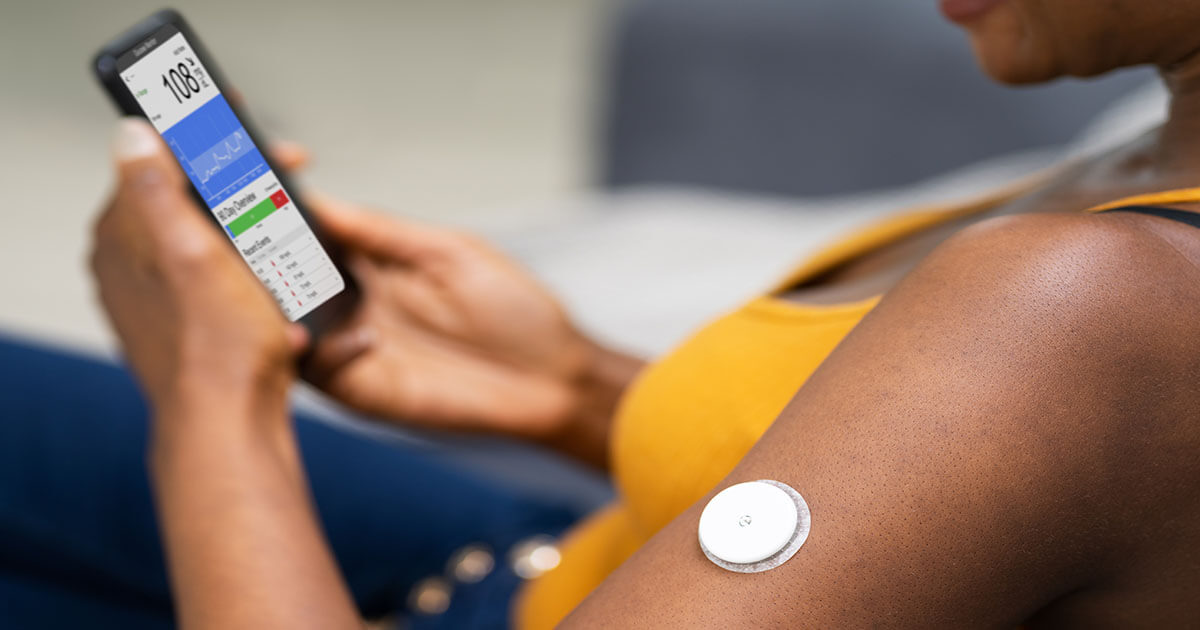Diabetes UK is launching its Children and Young Persons campaign on 14 November, World Diabetes Day. In the first phase, we are campaigning to improve the recognition of symptoms of diabetes in children to ensure more are diagnosed before they become seriously ill with diabetic ketoacidosis (DKA). DKA causes more deaths in children with type 1 diabetes than anything else (Edge et al, 1999). Each year, 10 families experience the loss of a child to DKA. The majority of these children die as a result of cerebral oedema, a potential complication of DKA, which is more common when DKA occurs at onset of diabetes.
Early diagnosis of type 1 diabetes and correct management of the condition could prevent approximately 500 children a year from becoming very ill with DKA before they are diagnosed. Our campaign will focus on the most common symptoms of type 1 diabetes in children and young people, including frequent urination, excessive thirst, fatigue, weight loss and bedwetting in a previously dry child. The campaign will help more parents, carers and anyone who looks after or works with children to spot the warning signs. We will continue to promote our “signs and symptoms” video, which features children with type 1 diabetes and their parents at www.youtube.com/diabetesukcharity (accessed 02.10.12).
If a child does have any of the symptoms, our campaign will make it clear that he or she should be taken straight to a doctor and that parents or carers should insist on a diabetes test there and then – because DKA develops quickly, often within 24–48 hours of the first symptoms appearing (Ali et al, 2009).
We also want every healthcare professional – especially non-specialists – to be aware of the signs and symptoms, and of the risk and impact of DKA. If the child presents with any of the symptoms of type 1 diabetes, we want the child to have a capillary blood glucose test to check for diabetes. Any child who has a high blood glucose level should have a same-day referral to paediatric diabetes services for confirmation of the diagnosis and immediate management of the condition.
Many parents have told us that they visited a doctor at least once before their child was diagnosed. We will work with GPs, nurses, health visitors, pharmacists and other non-specialist healthcare professionals to make sure that they are aware of the signs and symptoms of type 1 diabetes and the correct referral pathways.
To help them we will create an online education resource, which includes training on the signs and symptoms of type 1 diabetes, which will be available to non-specialist staff. We will also press for the correct protocols and referral pathways to be put in place in practices and hospitals across the UK to diagnose type 1 diabetes in children as quickly as possible.
We need better collection and analysis of data about the number of children diagnosed with type 1 diabetes in DKA throughout the UK. This way, progress can be measured. We want to ensure every paediatric unit is recording, monitoring and improving how and when type 1 diabetes is diagnosed in children and young people.
This is just the beginning. Over the next 5 years, we will be campaigning non-stop to tackle the biggest problems that children and young people with type 1 diabetes, and their parents, have told us they face day-in and day-out. We will not stop until permanent improvements are made to the care and services that children and young people receive, and until the health outcomes they can expect are as bright as the future they deserve.





NHSEI National Clinical Lead for Diabetes in Children and Young People, Fulya Mehta, outlines the areas of focus for improving paediatric diabetes care.
16 Nov 2022